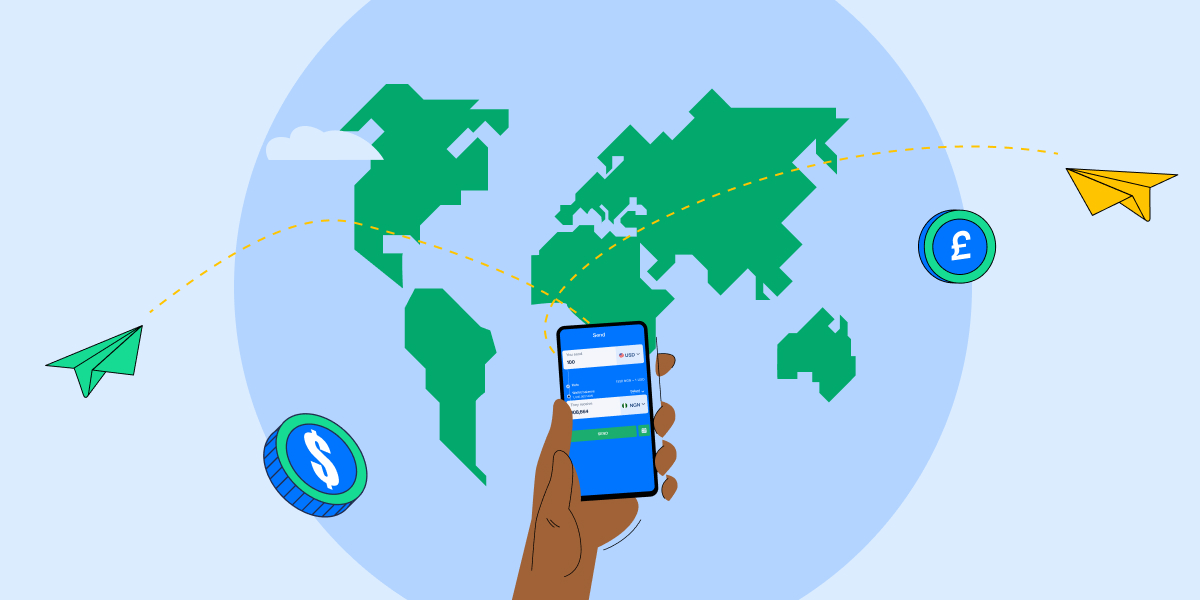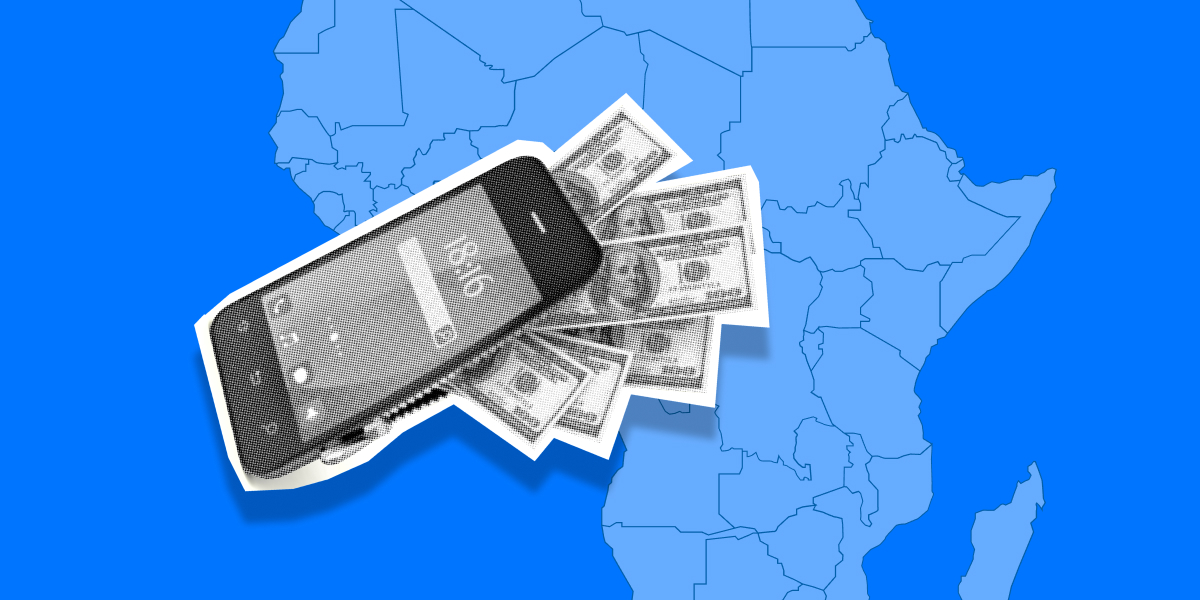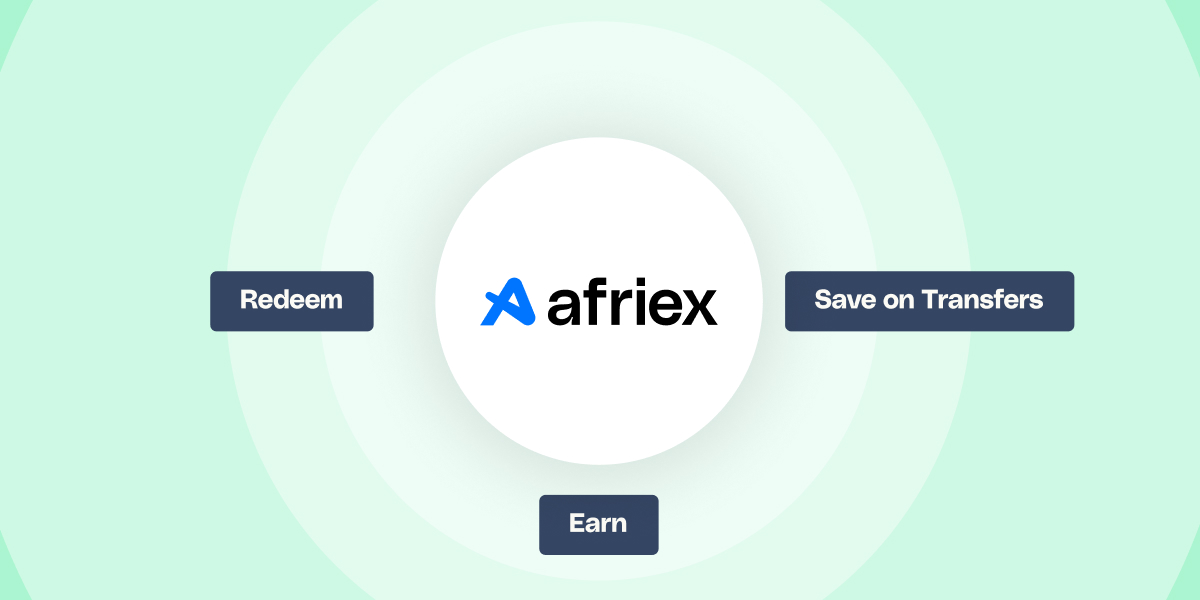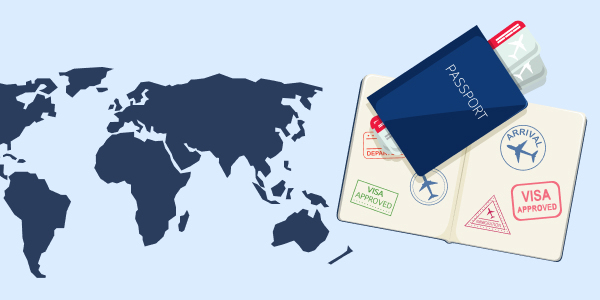
Stories, guides, and updates from the Afriex community — exploring money, movement, and the people shaping cross-border living.
Popular articles
Across Africa, the sound of a phone buzzing with a “Money Received” alert has become as common as the morning radio. For millions of Africans, mobile wallets are not just a convenience—they’re a lifeline.
From remote villages in Ghana to busy streets in Nairobi, mobile wallets are transforming how people get paid, how families receive support from abroad, and how businesses move money. The shift is clear: traditional banking is no longer the only way to access financial services. Today, a simple mobile number can serve as a bank account.
In this guide, we’ll explore the rise of mobile wallets in Africa, why they matter, and how platforms like Afriex make it easier than ever to send money directly into mobile wallets with zero fees.
Why Mobile Wallets Are Growing So Fast in Africa
Africa has one of the lowest rates of traditional banking access in the world. According to the World Bank, nearly 57% of adults in Sub-Saharan Africa remain unbanked. Yet, mobile penetration is sky-high—with more than 600 million mobile subscribers across the continent.
This gap created the perfect opportunity for mobile wallets to thrive. Instead of requiring physical bank branches, mobile wallets run through telecom networks and mobile apps, giving anyone with a phone the power to:
- Receive salaries and remittances.
- Pay bills and school fees.
- Transfer money peer-to-peer.
- Buy goods in local shops.
What started with M-Pesa in Kenya in 2007 has now spread across nearly every African country. Today, services like MTN Mobile Money, AirtelTigo, Vodafone Cash, and M-Pesa dominate the payment landscape.
How Mobile Wallets Work
At their core, mobile wallets are simple: they link money to your phone number. Unlike a traditional bank account, no paperwork or physical branch is required.
Here’s how it works in practice:
- Registration – A user signs up with a telecom operator or fintech provider.
- Funding – They load money into the wallet via agents, transfers, or remittances.
- Usage – Funds can be used to pay bills, send money, or withdraw cash.
- Cash-Out – If needed, users can withdraw at mobile money agents or ATMs.
This flexibility is why mobile wallets are often referred to as “banks in your pocket.”
Mobile Wallets vs. Traditional Banking
Why are so many Africans choosing mobile wallets over banks? The difference lies in accessibility, cost, and speed.
For someone in a rural village without a nearby bank branch, a mobile wallet is not just easier—it’s the only option.
Why Mobile Wallets Are Game-Changers
The rise of wallet payments in Africa is not just a story of convenience. It’s a story of inclusion, empowerment, and growth.
- For workers: Employers can pay wages directly into mobile wallets, eliminating the need for employees to travel long distances to collect pay.
- For families: Relatives abroad can send money instantly to wallets, avoiding high fees and long wait times.
- For small businesses: Merchants can accept payments without expensive POS systems.
- For governments: Social programs and benefits can be distributed directly into wallets, cutting fraud and inefficiency.
Cross-Border Transfers: Sending to Mobile Wallets
One of the biggest use cases for mobile wallets is remittances. Africans working abroad send over $100 billion home each year, and a growing share of that money is going straight into mobile wallets.
Why? Because it’s:
- Instant – Funds arrive in minutes.
- Convenient – No need for recipients to travel or queue at banks.
- Transparent – The exact amount received is clear, with no hidden deductions.
With Afriex, it’s even better:
- Send money directly to MTN, AirtelTigo, Vodafone, and M-Pesa wallets.
- Enjoy zero transfer fees.
- Get real-time exchange rates.
- Transfers are instant and secure.
Whether you’re supporting family in Ghana or paying a supplier in Kenya, Afriex makes wallet transfers seamless.
Challenges and Considerations
Of course, mobile wallets are not without challenges:
- Fraud risks if users aren’t educated about scams.
- Cash-out fees charged by agents.
- Interoperability limits—not all wallets talk to each other across networks.
- Regulations around international transfers can be complex.
But despite these hurdles, the overall trend is clear: mobile wallets are here to stay.
The Future of Mobile Wallets in Africa
Looking ahead, wallet payments will only get stronger:
- More integrations with global platforms (like PayPal, Stripe, and Afriex).
- USD-based wallets for freelancers, remote workers, and cross-border earners.
- Government support for digital payments to reduce reliance on cash.
- A growing push toward cashless economies.
In the near future, mobile wallets may become the default way to get paid in Africa.
Conclusion
Mobile wallets have transformed Africa’s payment landscape in just over a decade. They’ve given millions of unbanked people a way to access, store, and transfer money safely.
For anyone sending money to Africa, mobile wallets are the fastest, most secure, and most affordable option. And with Afriex, you can make that transfer instantly, with zero fees, and at competitive rates.
The future of getting paid in Africa is already in your pocket.
Ready to send money straight to mobile wallets? With Zero fees, Instant transfers, direct to MTN, AirtelTigo, Vodafone & M-Pesa
Download Afriex today on your iOS or android and send the smarter way.







